Derms Say ‘Fast-Absorbing’ Products Are More Effective—Here’s How To Find Ones That Actually Work
Whether it’s swapping leggings for bike shorts or ditching hot coffees for refreshing iced teas, people have a tendency to prefer lightweight items during the warmest months of the year. And that goes for skin care, too.
“During the summer, you want products that are light, penetrate well, and don’t clog the top layers of the skin,” says NYC-based board-certified dermatologist Julie Russak, MD. Generally, in order to achieve all three of those things, a skin-care product must be fast-absorbing.
While the term is thrown around quite frequently in the skin-care world—especially this time of year, when "fast-absorbing" is synonymous with avoiding a sticky, sweaty complexion—but what it actually means is often left unexplained. With that in mind, we chatted with two dermatologists and two cosmetic chemists to uncover what makes a product fast-absorbing, as well as why said products are particularly beneficial in summer. Keep reading to learn more.
- Julie Russak, MD, board-certified dermatologist and the founder of Russak Dermatology Clinic
- Krupa Koestline, clean cosmetic chemist and founder of KKT Consultants
- Nick Dindio, Nick Dindio is a cosmetic chemist and SOS Beauty’s Director of Research and Development.
- Sheila Farhang, MD, board-certified dermatologist, cosmetic surgeon, reconstructive Mohs micrographic surgeon, and founder of Avant Dermatology in Arizona
The fast-absorption difference
If you've ever applied a facial moisturizer or body lotion that refused to sink in, you've seen firsthand that not all formulas are created equally in terms of how well they penetrate the skin. “Our skin is not a sponge where everything that’s applied is absorbed,” says Krupa Koestline, clean cosmetic chemist and founder of KKT Consultants.
In large part, this comes down to molecular sizing. “In general, larger molecules stay on top of the skin, while smaller molecules can penetrate deeper into the skin,” she explains.
What's more, the way a product is formulated also comes into play. “For actives in a formula, the ones that have better skin compatibility will absorb the quickest,” says Nick Dindio, a cosmetic chemist and SOS Beauty's Director of Research and Development. Because of this, many ingredients are encapsulated in liposomes—which are made of the same phospholipids as our cellular membranes—to help optimize delivery.
{{post.sponsorText}}
Skin-care ingredients that absorb faster
First and foremost, Dindio says that it’s important to differentiate true product absorption and a user’s perception of absorption. “Many products that contain a high level of volatile ingredients can appear to absorb quickly, but really they're just evaporating,” he explains.
Koestline tacks on to this, specifically calling out oil-free and alcohol-based products. “The reason why a lot of oil-free products feel like they absorb faster into the skin is because they evaporate faster,” she says. “There’s no heavy occlusive ingredient to create that barrier—instead they use film-forming ingredients to hydrate the skin. Sometimes, lightweight products even include drying alcohol because it evaporates quickly on the skin, giving it the feeling that your skin instantly absorbs it.”
While oil-free products can definitely feel beneficial—especially for combination and oily skin types, and especially during the hottest months of the year—Koestline goes on to say that products containing oil (such as jojoba oil, rosehip seed oil, evening primrose oil, sea buckthorn oil, tamanu oil, and grapeseed oil) can sink into skin faster than the alternative.
“Our skin’s sebum is made up of oils, fatty acids, and cholesterols,” she explains. “That’s why when it comes to fast-absorbing products, contrary to popular belief, lightweight oils are your best friends—oil-soluble (or lipophilic) products and emulsions actually have an easier time penetrating the skin compared to water-based ingredients.” That doesn’t mean that oil-free products are automatically ineffective though. Rather, it’s that if you’re going to opt for oil-free, you should make sure that your product is boosted for fast absorption in another way.
For example, look for fermented ingredients. “Fermented ingredients are gaining interest because one theory is that the fermentation process breaks down molecules into smaller sizes, allowing for better and faster penetration,” Koestline says.
Furthermore, Russak says that hydrophilic ingredients (like hyaluronic acid and plant extracts like rosemary) tend to be more effective in terms of fast absorption. “Hydrophilic ingredients are ones that are attracted to water and can penetrate through the fat layers, versus hydrophobic ingredients, which are rejected by the fat molecules,” she explains.
As far as specific ingredients. Dindio says that lecithin is a common ingredient used to encapsulate actives and help them penetrate deep into the skin. “There are other penetration enhancers such as ethoxydiglycol and dimethyl isosorbide that are commonly used in prestige products to help ingredients like Vitamin C absorb,” he adds. The concentration of active ingredients is also worth mentioning. “The higher concentration of active ingredients, the better the product will penetrate,” Russak says.
How to make skin-care products absorb better
Although formulations and added ingredients definitely boost a product’s ability to absorb faster, Russak points out that healthy skin will absorb any product much better. “In order for a product to be absorbed into the skin, it has to penetrate the skin’s protective barrier, or the top layer of the skin,” he says. “The skin is designed to be a barrier, therefore not allowing products to penetrate. Skin absorption is actually a very complicated science—we want to increase penetration so products can get into the deeper layers of the skin where the product works best, but we also wait to maintain the competence of the protective barrier and not disrupt it.”
The trick? Exfoliation. “Not exfoliation where we disrupt the barrier of the skin, but exfoliation where we remove dead layers and stimulate regeneration," says Russak. "[When we do this], there are healthy cells on the surface of the skin that can absorb active ingredients.”
Beyond exfoliation, board-certified dermatologist and cosmetic and reconstructive Mohs surgeon Dr. Sheila Farhang says that beginning your skincare routine with a dampened complexion can help your products—especially those made with hyaluronic acid—sink deeper.
Additionally, she calls out slugging as a helpful way to ramp up any product's absorption. “The absorption of a product also increases if an occlusive, such as Vaseline or petrolatum, is used over the product,” she explains. That said, as beneficial as slugging is, Russak admits that it’s not the most practical application during summertime. Instead, she says to focus your routine in the direction of encapsulated active ingredients, which will ensure they travel deep within your skin instead of sitting on top of it.
Finally, the way you apply your skincare can make your serums and creams more effective. “Using a dermaroller or Gua Sha over your product can also increase absorption,” Farhang says.
Shop pro-approved, fast-absorbing skin care
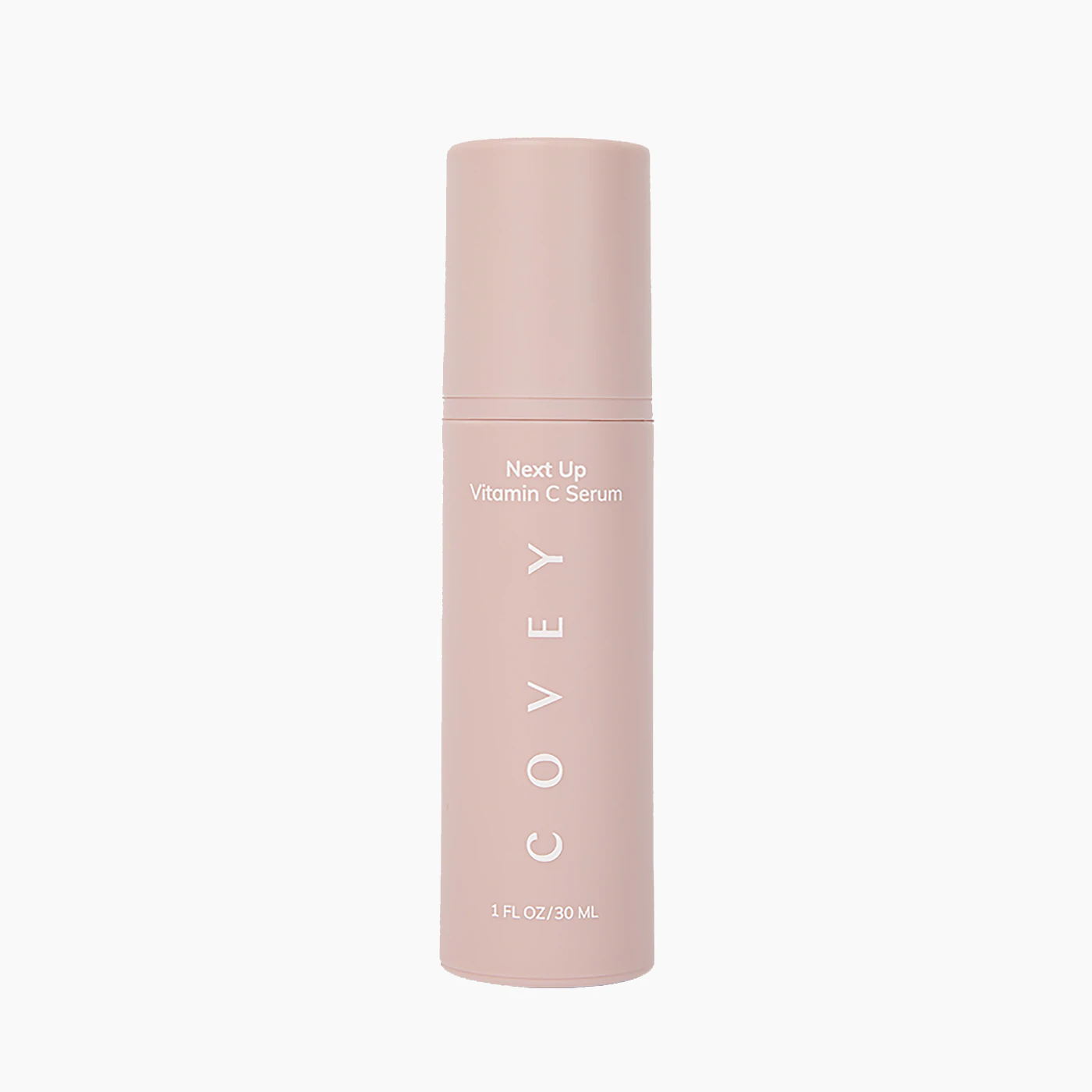
Made with a 15 percent concentration of vitamin C in its most stable form, THD ascorbate, this serum is 50 times more powerful than other formulations on the market. Plus, it includes vitamin E and grape seed extract to boost antioxidant benefits to brighten and preserve skin.
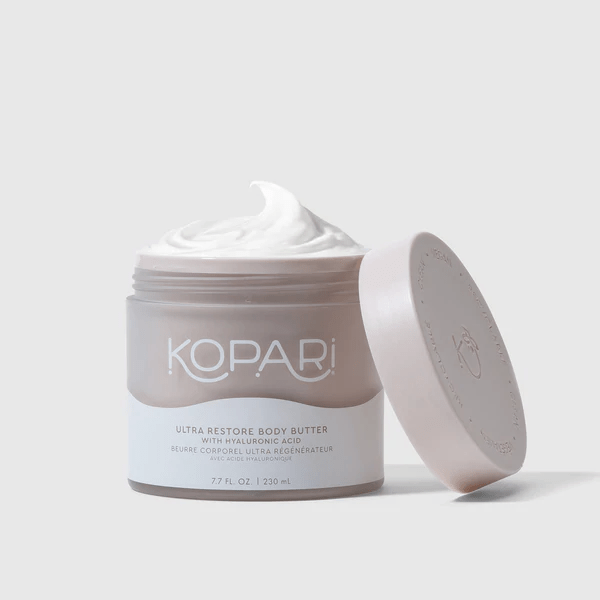
This super lightweight whipped lotion is made with hyaluronic acid, antioxidants, omegas, and fatty acids that hydrate your skin and help it to retain moisture. It has Kopari’s signature sweet coconut milk scent along with notes of jasmine and tuberose neroli.
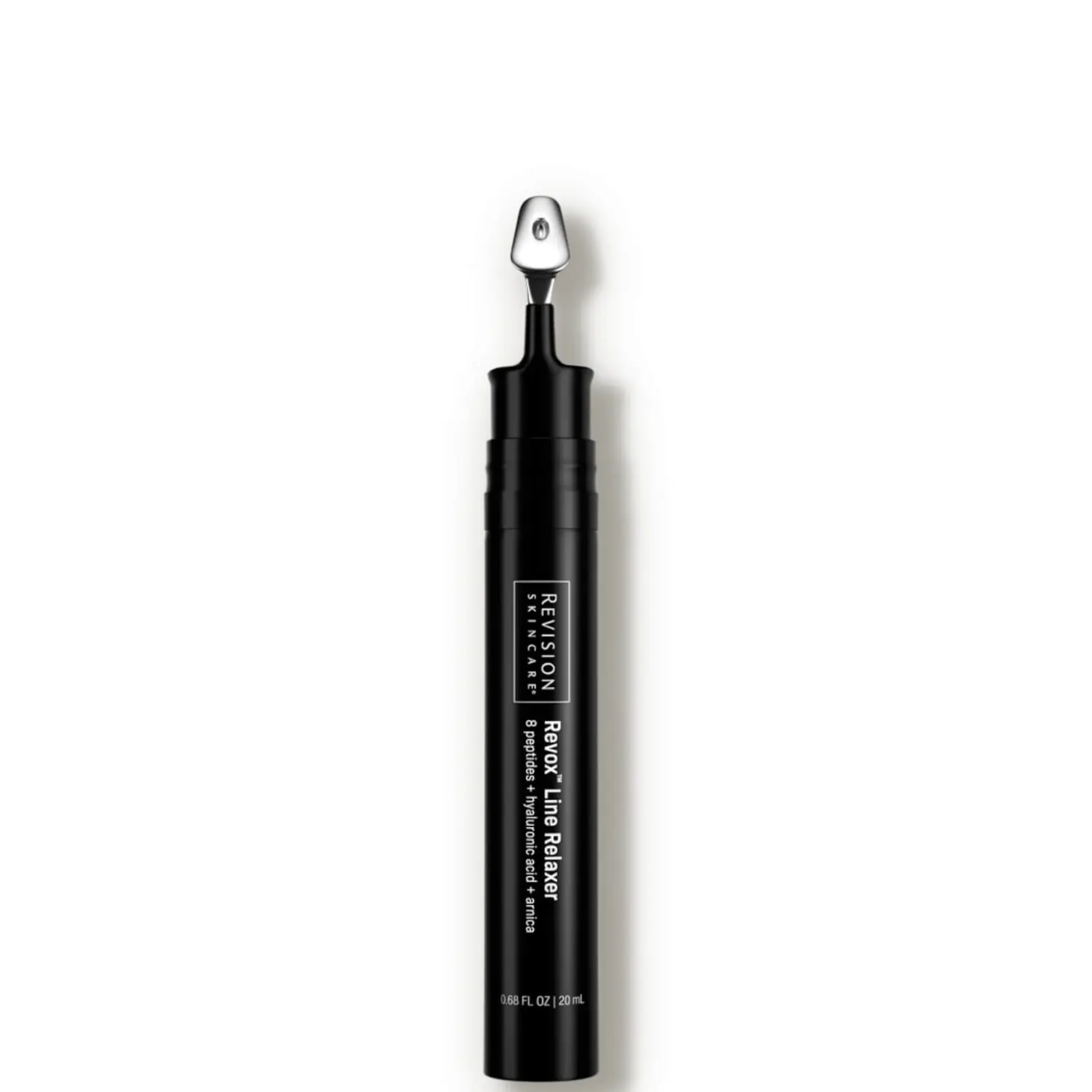
Made with eight peptides, hyaluronic acid, and arnica, this wrinkle-relaxing serum minimizes the impact of facial expressions that cause horizontal and vertical lines to appear. It’s great on its own, but is also designed to work in conjunction with neuromodulators like Botox to visibly reduce lines.
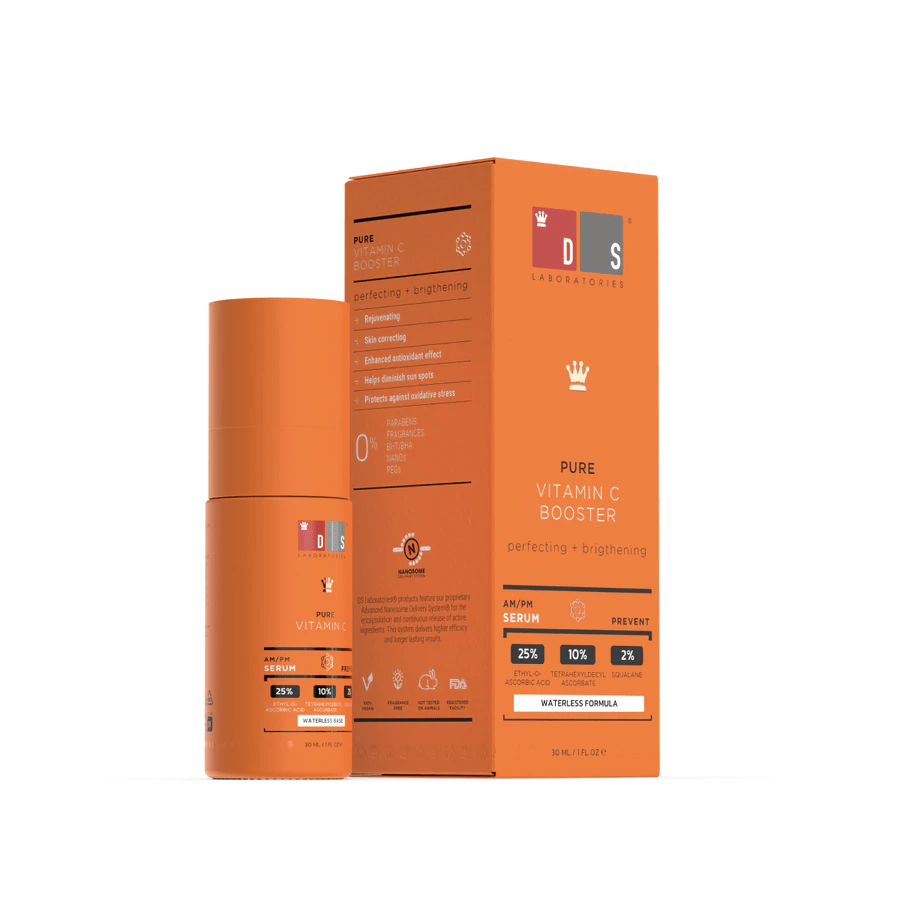
This powerful serum combines two forms of vitamin C—25 percent Ethylated L-Ascorbic Acid and 10 percent Tetrahexyldecyl Ascorbate—making it the highest concentration of vitamin C available on the market. It’s made in a waterless formula that allows it to stay clear and potent. It’s also made with sustainable organic olive-derived squalane and vitamin E for more intense brightening and rejuvenation.
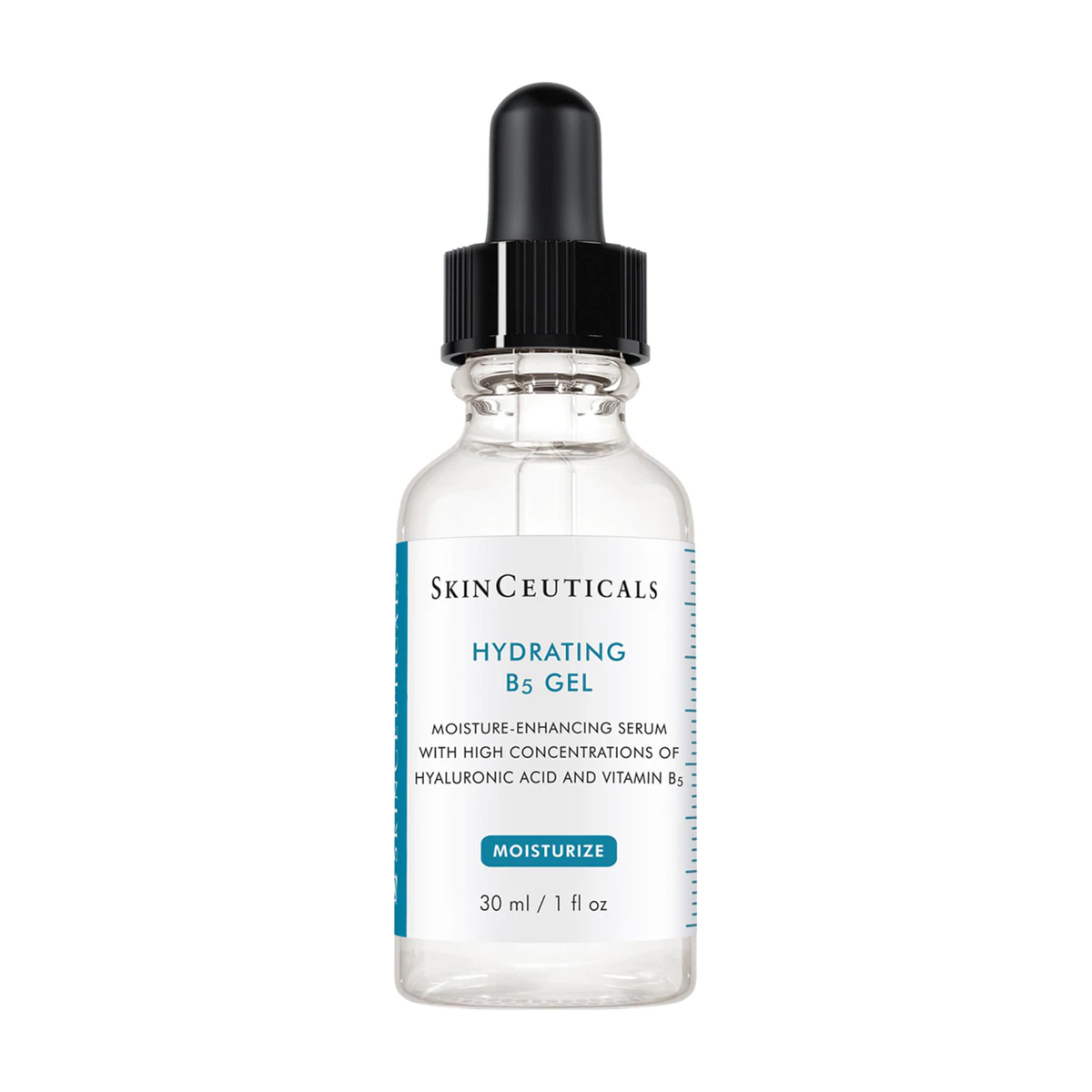
This hydrating gel combines vitamin B5 with hyaluronic acid to help bind moisture to the skin. It can be used with moisturizer on most skin types or on its own for those with oily, acne-prone skin.
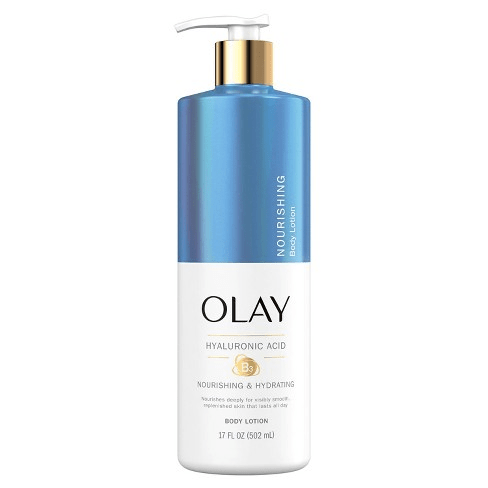
Made with vitamin B3 and hyaluronic acid, this body lotion is moisturizing yet lightweight. In addition to hydrating your skin, it also increases cell turnover, and will leave you feeling softer and smoother all over.
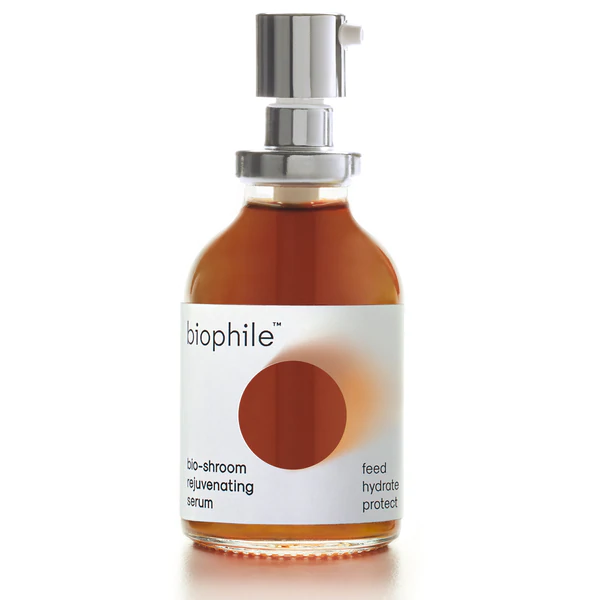
This concentrated serum features a nutrient-dense blend of three mushrooms that provide adaptogenic support for stressed-out skin. Plus, it contains niacinamide, vitamin C, and peptides to rejuvenate the skin along with a matrix of bio-hydrators to provide plumping moisture.
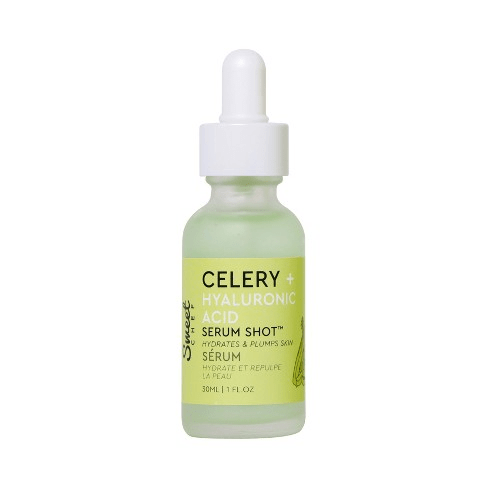
Get a shot of your veggies with this serum. It’s made with a blend of broccoli, alfalfa, cabbage, wheat, bok choy, and radish to soothe and nourish skin. The star ingredients, though, are antioxidant-rich cold-pressed celery and hyaluronic acid to provide intense hydration.
Want even more beauty intel from our editors? Follow our Fineprint Instagram account) for must-know tips and tricks.
Loading More Posts...